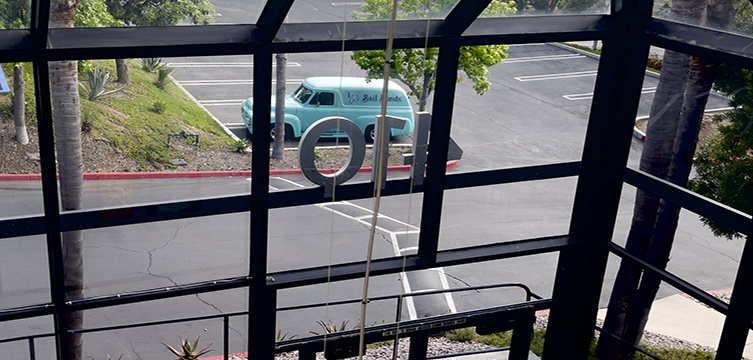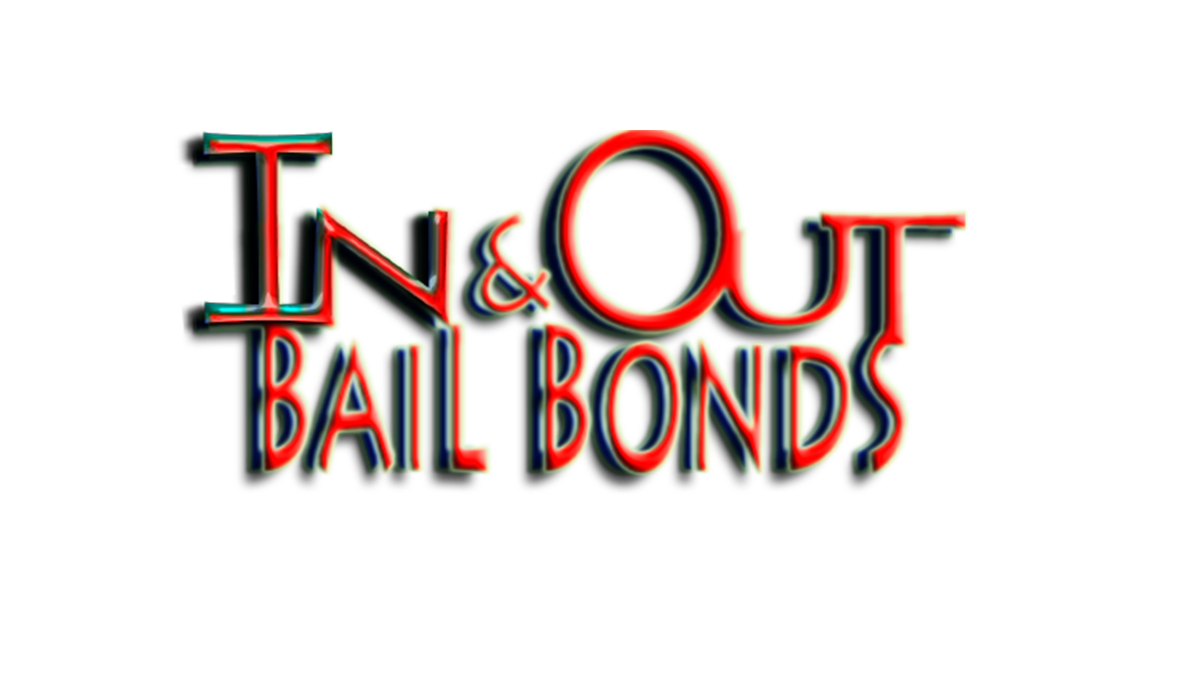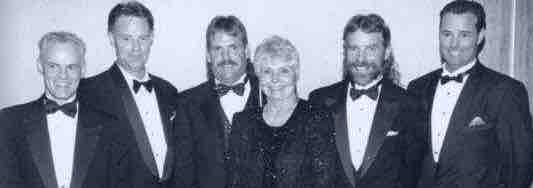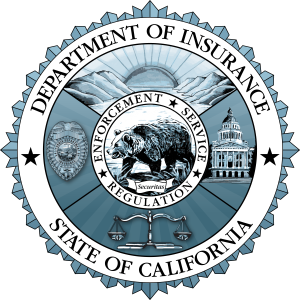BAIL AGENT
CODE OF ETHICS
PROFESSIONAL BAIL AGENTS OF THE UNITED STATES
PREAMBLE
It is understood that under the laws of this land, a person accused of a criminal offense is entitled to a presumption of innocence until the adjudication of those crimes charged. A natural consequence of this presumption is the constitutional guarantee of reasonable bail pending trial, a concept which has been universally affirmed by the courts of this great union.
The professional Bail Agent is the main instrumentality through which the right to freedom before trial is practically applied in this nation. Such a function imposes obligations beyond those of ordinary private enterprise. It imposes grave social responsibility to which the Bail Agent should dedicate himself or herself, and for which the Bail Agent should be diligent in preparing for. The Bail Agent, therefore, must be zealous to maintain and improve the standards of his or her calling, and shares with fellow-Bail Agents a common responsibility for the integrity and honor of the bail profession. Accepting the preceding as a true and correct statement of circumstance, every Bail Agent pledges to conduct his or her business in accordance with the following Code of Ethics:
Section 1 Relations with the Client
ARTICLE 1. In justice to those who place their faith, confidence and interests in his or her care, the Bail Agent should endeavor constantly to be informed regarding current laws, proposed legislation, governmental orders or regulations, and other significant information and public policies which may affect the interests of the client.
ARTICLE 2. The Bail Agent should make a constant practice of full and complete disclosure to all parties, be they principal or indemnitor, or any and all possible liabilities, penalties, or detriments which may arise from their involvement in that particular undertaking which secures the release from custody of a person who is charged with a criminal offense.
ARTICLE 3. The Bail Agent should not, prior to forfeiture or breach, arrest and/or surrender any principal and thereby terminate his release from governmental custody unless the Agent can materially show good cause for such action, such good cause reasonably taking the form of judicial action, information concealed or misrepresented, or the renunciation of an indemnitor or the principal, any of which may be considered material to the hazard assumed by the Bail Agent.
ARTICLE 4. The Bail Agent, upon receipt of notice of forfeiture or breach where notice is required, or upon personal knowledge of forfeiture or breach, should promptly and formally notice any and all indemnitors and real parties of interest of the forfeiture or breach by the principal, and the Bail Agent should at that time concisely state the liability thereby incurred or pending.
ARTICLE 5. The Bail Agent should supply all indemnitors to an undertaking with a true copy of any document representing a binding legal contract to which he or she is to be or is being committed to.
ARTICLE 6. When an examination of the material factors of a potential undertaking reasonably convinces a Bail Agent that he or she will be unable to undertake that particular bail relationship, the Bail Agent should immediately inform all involved parties that he or she will not be able to secure the release of the defendant so that the defendant or his affiliates may promptly seek his or her release by another means.
ARTICLE 7. Every Bail Agent should comply in full with the laws and regulations governing the transaction of bail in his or her state. Such compliance must necessarily include those matters dealing with the trust and fiduciary relationship as it relates to monies and properties which may secure and undertaking. The highest moral and ethical practice should be maintained when entering into a trust or fiduciary relationship.
Section 2
Relations with the General Public
ARTICLE 8. The Bail Agent should keep himself informed as to movements affecting the criminal justice system in his or her community, state, and the nation, so that he or she may be able to constructively contribute to public thinking on matters of legislation, expenditures, public safety, and other questions dealing with the welfare of the general public.
ARTICLE 9. It is the paramount duty of the Bail Agent to protect the general public against misrepresentations or unethical business practices in the bail industry. He or she should endeavor to climinate in their community any practices which could be damaging to the public or to the dignity and integrity of the bail industry. The Bail Agent should assist and regulatory agency or business practices review board charged with regulating the practices of the members of the bail industry.
ARTICLE 10. The Bail Agent should not, except as provided by law, engage in activities that constitute the practice of law, and should refrain from making comments and representations which may lead the public to believe that the Bail Agent is practicing law.
Section 3
Relations with the Government Sector
ARTICLE 11. The Bail Agent, with due regard for the special position of responsibility and trust that this profession places an Agent in, should assist and cooperate with judiciary, law of enforcement agencies, and public prosecutors in the orderly administration of justice, so long as such assistance or cooperation does not compromise the honesty and integrity of the Bail Agent or of the public officer.
ARTICLE 12. Unless compelled to do so by law or by court order, the Bail Agent should not divulge or disclose to any person or agency personal information regarding the principal or indemnitor of an undertaking which has not been forfeited or breached. The inherent right to privacy of the individual, and the position of trust of the Bail Agent, demand compliance with this concept.
ARTICLE 13. The Bail Agent should make great effort to verify and confirm any information which he may give to a court, law enforcement agency, or any other public agency, and a failure to do so, or an intentional misrepresentation of a fact to any one of these entities must be construed as a breach of the fundamental relationship of trust between the Bail Agent and the governmental sector.
Section 4.
Relations with Fellow-Bail Agents
ARTICLE 14. The Bail Agent should so conduct his business as to avoid controversies and conflicts with his fellow-Bail Agents, and should not voluntarily disparage the business practice of a competitor, nor volunteer and opinion of a competitor’s transaction. If his or her opinion is sought, it should be rendered with strict professional integrity and courtesy.
ARTICLE 15. The Bail Agent should not solicit the services of an employee or solicitor in the organization of a fellow-Bail Agent without the knowledge of the employer.
ARTICLE 16. The Bail Agent should seek no unfair advantage over his fellow-Bail Agents, and should willingly share with them the lessons of his experience and study. The Bail Agent should also inform his or her fellow Bail Agent of established hazards involving a prospective client if such hazards truly exist.
ARTICLE 17. If a Bail Agent is charged with unethical business practices by a government regulatory agency or by a grievance committee comprised of his or her peers, the Agent should place all of pertinent facts and rebuttal before the accusatory body promptly and voluntarily for investigation and judgment. Where controversies arise, all efforts should be made to arbitrate the matter expediently with the desire to avoid litigation.
ARTICLE 18. The Bail-Agent should constantly strive for the highest degree of professionalism attainable, and this effort should be forthcoming from each and every Bail Agent, and should be expected and demanded from all Bail Agent’s by all those persons involved in the bail industry, regardless of position.
ARTICLE 19. The Bail Agent should make extensive effort to support, contribute to, and participate in local, statewide and national Bail Agent associations whose goal it is to preserve and enhance the integrity, quality and honor of the bail industry.
CONCLUDING SANCTION
The Articles of this Code of Ethics are combined to guarantee high integrity and dignified professionalism from those who adhere to the principles of business and moral conduct outlined within. No inducement of profit, and no instructions from clients or outside parties can ever justify departure from these principles or from the injunctions of this Code of Ethics.
This Code of Ethics was adopted May 1, 1981. It must be followed by all associations who are sanctioned by the Professional Bail Agents of the United States. All members are asked to post a parchment copy prominently in their office.
Privately funded bail bas been with us for many centuries and we know its problems. The public funded bail is a new system that has only been operational for thirty-six years and already its many problems are causing its advocates great concern.
The greatest problem of privately funded bail is the unequal sharing of its blessing to the individual bail agents caused by the lack of unity and education.
The greatest benefit of public funded bail is the “free ride” it affords to criminal defendants through the judicial system, and the opportunity it affords to taxpayers and victims to share the miseries of high failures to appear and high cost of bureaucracy administration.










